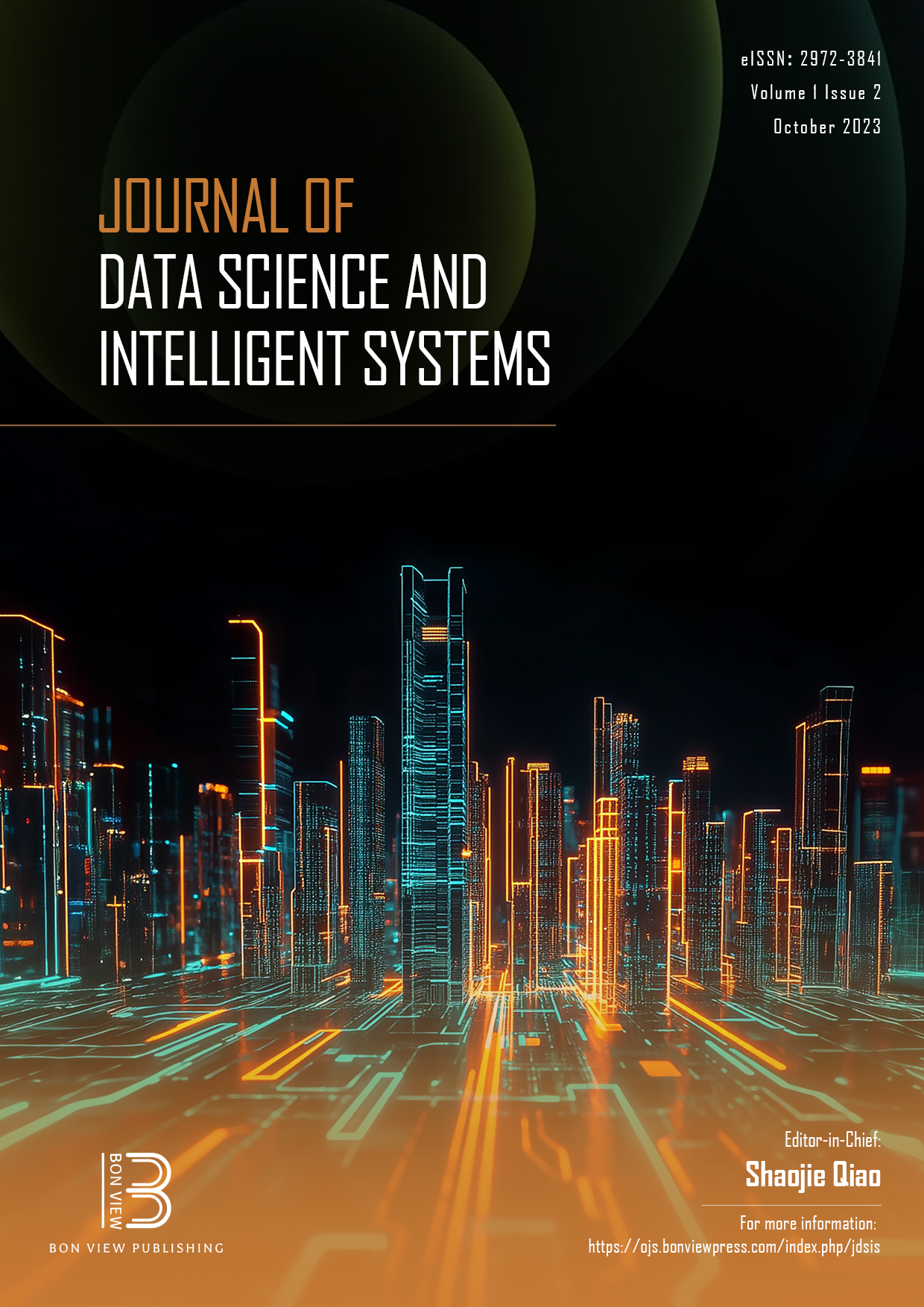Correlation Filters in Machine Learning Algorithms to Select Demographic and Individual Features for Autism Spectrum Disorder Diagnosis
DOI:
https://doi.org/10.47852/bonviewJDSIS32021027Keywords:
artificial intelligence, machine learning, autism spectrum disorder, data mining, diagnosis in neurodevelopmentAbstract
Autism spectrum disorder is currently considered one of the main neurodevelopmental disorders with predominant characteristics of difficulty in social communication and cognitive skills, and limited and repetitive patterns. This disorder has no cure and has different levels of severity that vary according to the appearance of symptoms in each patient. Generally, the waiting time for the diagnosis of autism spectrum disorder is slow, having as one of the reasons for this situation the lack of development of simple screening procedures to be implemented and which have efficient results. The objective of this work is to analyze a public database in order to find patterns of the autism spectrum, that is, to isolate the attributes that together with behavioral characteristics can bring greater reliability to the precursor model. The preliminary results showed that the probabilistic neural network algorithm performed well in this classification. In addition, the application of correlation filters demonstrated greater efficiency in accuracy. By applying eight data mining algorithms and aggregating the demographic, individual, and behavioral attributes, and excluding some attributes, we obtained an accuracy of 100% through the support vector machine. Finally, the results with machine learning have shown that the patient's ethnicity, continent, and the presence of jaundice tend to reveal more likely that the patient will be diagnosed with autism spectrum disorder.
Received: 28 April 2023 | Revised: 18 May 2023 | Accepted: 6 June 2023
Conflicts of Interest
The authors declare that they have no conflicts of interest to this work.
Downloads
Published
Issue
Section
License
Copyright (c) 2023 Authors

This work is licensed under a Creative Commons Attribution 4.0 International License.


